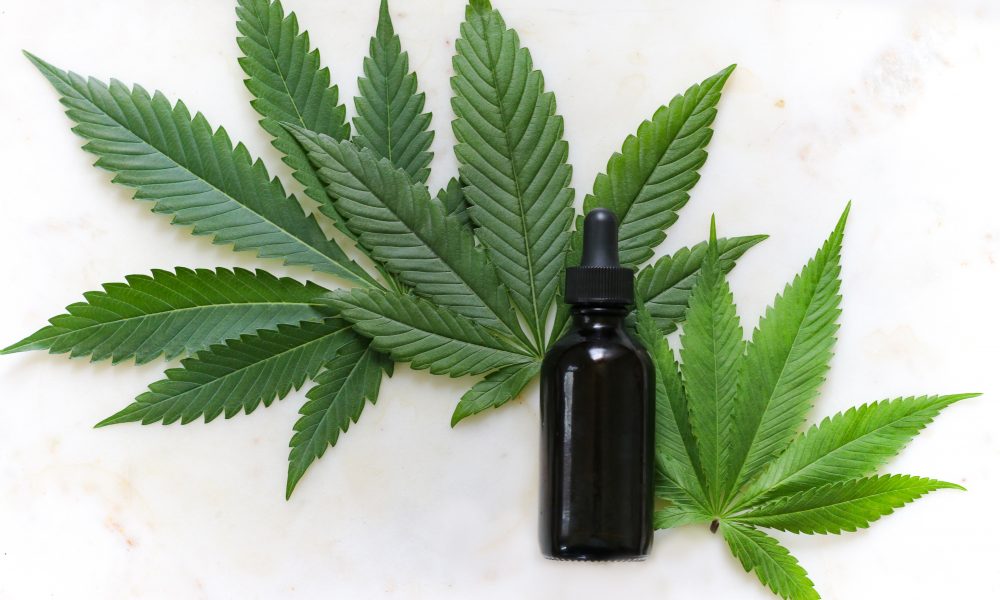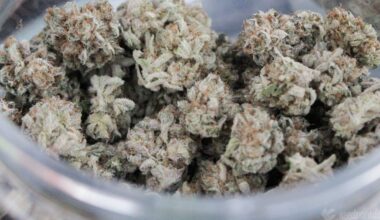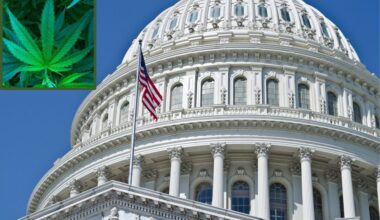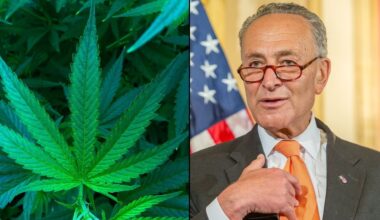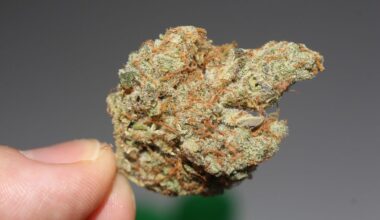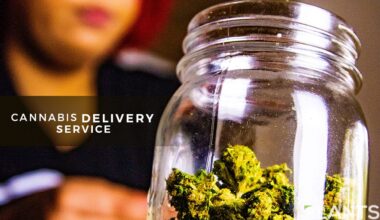A new ruling in a federal trademarking case for a CBD bevegage company underscores how the Food and Drug Administration’s (FDA) slow-walking of rules for certain hemp-derived products is creating headaches for the burgeoning industry.
A company that sells CBD-infused teas submitted an “intent to use” trademark application but was denied by the U.S. Patent and Trademark Office (USPTO) in May—and that decision was reaffirmed by an appeals board last week.
While hemp-derived cannabidiol was legalized under the 2018 Farm Bill, the Trademark Trial and Appeal Board (TTAB) said it remains illicit to sell as a beverage under the Food, Drug, and Cosmetic Act because FDA still hasn’t issued rules allowing it, and, therefore, the application couldn’t be granted.
Petitioners attempted to make the case that Joy Tea has bona fide intent to use in lawful commerce because a federal policy change is forthcoming. FDA has said repeatedly that it is working to develop regulations to allow CBD in the food supply—but the TTAB didn’t accept that as sufficient evidence.
Larry Sandell, an intellectual property attorney at Mei & Mark LLP who is representing Joy Tea, told Marijuana Moment that the decision ignores the fact that pharmaceutical companies are regularly afforded the benefit of the doubt and are able to trademark drugs in development that haven’t been formally permitted by regulatory bodies.
“We’re not seeking registration. All we’re saying is we intend to use it in legal commerce in the future,” he said. “That intention to have future legal commerce is grounded in a belief that it will be legal in the near future.”
There’s good reason to anticipate that policy change, especially within the three-year window that “intent to use” approvals are contingent upon. Not only has FDA itself said it is exploring regulatory pathways to allow for such CBD commerce, but bipartisan lawmakers have introduced legislation this session to force a change.
FDA was mandated under appropriations legislation enacted in 2019 to provide an update on its regulatory approach to CBD, and it did so in March of last year. The update stated that “FDA is currently evaluating issuance of a risk-based enforcement policy that would provide greater transparency and clarity regarding factors FDA intends to take into account in prioritizing enforcement decisions.”
In any case, the trademark appeals board said that the “issue in this appeal is narrow and simple: whether an applicant for a federal trademark registration can have a bona fide intent to use its mark in commerce on goods that are currently prohibited under federal law but that may, perhaps, become lawful in the future.”
“In the present situation, where some of Applicant’s goods are prohibited under federal law, the record clearly indicates that it is not possible for Applicant to have ‘an intention to use the mark consistent with the [Trademark] Act’s definition of use in commerce’ which requires ‘the bona fide use of a mark in the ordinary course of trade.’”
Petitioners pointed out the seeming double-standard for traditional pharmaceutical companies that apply for “intent to use” trademarks for non-FDA-approved drugs. But they’re also generally questioning the foundation of the board’s argument about the rules around applications for products that aren’t currently legal for commerce.
“There’s the question of if something is per se illegal—and CBD is not per se illegal,” Sandell said. “It’s only not legal to sell by virtue of the fact that the FDA regulations don’t allow you to sell it at this time, just like cancer drugs that haven’t gone through FDA approval.”
He said that the company has two months to appeal in federal court, and the intend to do so.
If a higher court does decide that Joy Tea can be granted an intent to use trademark, that could have wide-ranging implications for burgeoning industries surrounding potentially soon-to-be-legal substances like marijuana and psychedelics.
It would mean that companies could be able to trademark products that aren’t currently legal under federal law, and that would have a significant impact on businesses entering the space.
If the appeal fails, however, that would mean that the status quote prevails, putting these companies “in a terrible spot,” as Sandell previously told Marijuana Moment.
It would mean, for example, that a company could preempt another business that plans to sell a cannabis product by taking their business name and using it for a legal, unrelated purpose.
Marijuana Legalization Doesn’t Lead To Increased Youth Use, American Medical Association Study Finds
Photo by Kimzy Nanney.
The post New Ruling In CBD Trademarking Case Highlights Challenges Of FDA’s Rulemaking Delays appeared first on Marijuana Moment.
Medical Disclaimer:
The information provided in these blog posts is intended for general informational and educational purposes only. It is not a substitute for professional medical advice, diagnosis, or treatment. Always seek the advice of your physician or other qualified healthcare provider with any questions you may have regarding a medical condition. The use of any information provided in these blog posts is solely at your own risk. The authors and the website do not recommend or endorse any specific products, treatments, or procedures mentioned. Reliance on any information in these blog posts is solely at your own discretion.
